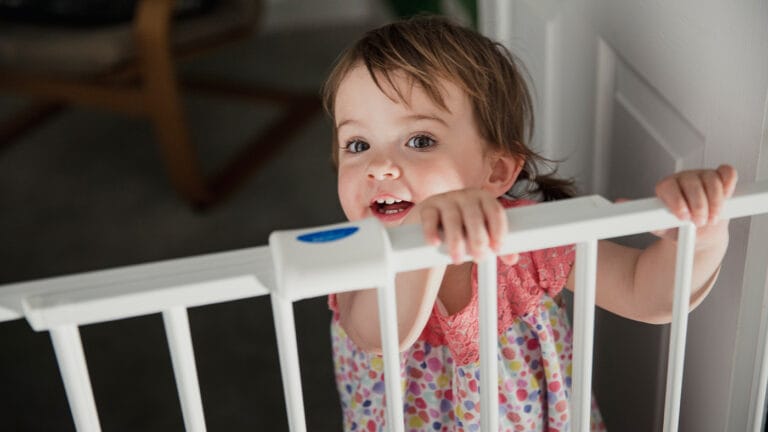After months of vacation, staying up late, playing night games, or attending soccer camp, kids are in for a big adjustment as they wake up for their first day of school. For this reason, back to school time is about more than school shopping, homework, and getting used to a new schedule. It’s about helping your child transition emotionally, mentally, and physically into a new experience and new grade level. Here are three ways to help preserve your children’s health as they head back to school.
Get Vaccinations and Flu Shots
A new school year can introduce new friends and different environments, which means more germs. And that’s okay, as long as you’re prepared. Flu shots and vaccinations are vital to helping kids stay healthy throughout the school year. Make this year a healthy one with a visit to your family doctor, and make sure your kids are up to date with their vaccinations. Wee Care provides a listing of pediatric practitioners for Weber County, Davis County, and Layton Utah areas as well as other child health resources like our vaccination and well check schedule.
Also, be aware that the Centers for Disease Control and Prevention say that FluMist should not be used this Fall 2016 or Winter 2017. This decision by the CDC is based on information from 2013-2016 revealing that the nasal spray was ineffective.
Have a Bedtime
Getting a full night’s sleep is one of the most valuable ways to stay healthy throughout the school year. It also contributes to lower stress levels and better concentration. The Sleep Foundation recommends that school aged kids between 6-13 years should be getting 9 to 11 hours of sleep. If that isn’t possible, shoot for 7 to 8. For all school aged children, make a rule to turn off electronics a few hours before bed. Studies continue to show that the glowing light emitted from electronics can disrupt sleep cycles thus making kids feel drained the next morning.
Recognize and Address Anxiety and Depression
As with adults, mental health in children is vital to their overall physical well-being. For some kids, nothing may be as scary as beginning a new school year, the idea of trying to make friends, or homework they don’t understand. Feelings of anxiety or ‘butterflies’ are normal in these situations and part of being a kid, but sometimes it goes further, and extreme anxiety and depression are not to be taken lightly.
The National Research Council and institute of Medicine report that up to 1 out of 5 children experience a mental disorder. Parents know their children best and can play a pivotal role in understanding and recognizing when their child is feeling these emotions, and stop them from getting worse. For instance, depression is different than typical sadness because it is prolonged and isn’t just a mood swing. If you notice a lack of interest, loss of appetite or energy, or irritability in your child over a long period of time, you should take action. You can talk with your child, speak with your child’s teacher, or schedule a doctor visit to seek direction, all of which can help establish a supportive framework for kids.
As you child goes back to school, be on the lookout for the ways you can help them have a safe, healthy school year. If you have any questions or concerns, contact a Wee Care pediatrician for an appointment.




